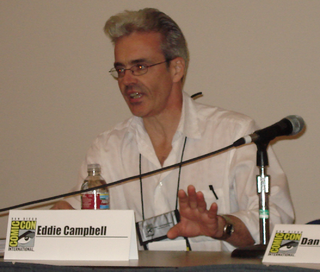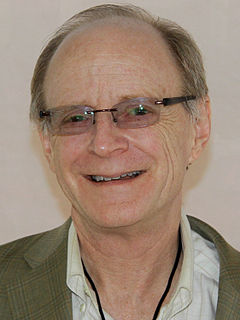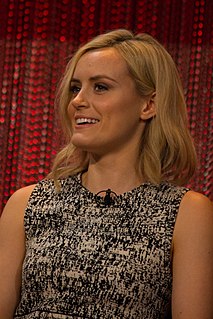A Quote by Paul Auster
I thought, "Well, I'm writing about early childhood, so maybe it would make sense to write about late childhood as well, early adulthood." Those were my thoughts, and this was how this crazy book [Winter Journal] was composed. I've never seen a book with pictures like at the end, pictures related to things you've read before.
Related Quotes
Pictures! Pictures! Pictures! Often, before I learned, did I wonder whence came the multitudes of pictures that thronged my dreams; for they were pictures the like of which I had never seen in real wake-a-day life. They tormented my childhood, making of my dreams a procession of nightmares and a little later convincing me that I was different from my kind, a creature unnatural and accursed.
Learning to read and write makes little sense if you don't understand what you're reading and writing about. While we may have forgotten, most of our early learning came not from being explicitly taught but from experiencing. Kids aren't born knowing hard and soft, sweet and sour, red and green. When the child experiences those things, s/he transforms them into psychological understandings. When kids play with other kids, they learn about others and about themselves. Learning the basics of our physical and social reality is what early childhood is all about.
I don't know where to start," one [writing student] will wail. Start with your childhood, I tell them. Plug your nose and jump in, and write down all your memories as truthfully as you can. Flannery O' Connor said that anyone who has survived childhood has enough material to write for the rest of his or her life. Maybe your childhood was grim and horrible, but grim and horrible is Okay if it is well done. Don't worry about doing it well yet, though. Just get it down.
One thing about having mostly absent parents that I think was perhaps "good" for the development of my intellect/writing is that I was given almost total freedom to read/write/look at whatever I wanted. I wonder a lot about how my past experiences, particularly my negative childhood (home life and being severely bullied/ostracized throughout school) as formed my/my thoughts/my writing, though I should also note those things were far from the only thing that had an impact on me/my writing.
When I'm writing for a book, it's much more reflective process. I have certain things that may not translate well to the stage, but, when they're on the page, people can really get into them. My first two books were aiming to be funnier, but the third was more about deep exploration. Things about being a parent and growing older that I thought would be perfect for a book.
The process for writing a picture book is completely different from the process of writing a chapter book or novel. For one thing, most of my picture books rhyme. Also, when I write a picture book I'm always thinking about the role the pictures will play in the telling of the story. It can take me several months to write a picture book, but it takes me several years to write a novel.
Over the next four days, I want you to write about your deepest emotions and thoughts about the most upsetting experience in your life. Really let go and explore your feelings and thoughts about it. In your writing, you might tie this experience to your childhood, your relationship with your parents, people you have loved or love now or even your career. How is this experience related to who you would like to become, who you have been in the past, or who you are now?.
I thought about how to film something, how to take pictures of it and how to mix it all together. And I was getting that through Patti [Smith] - because she takes pictures, performs, writes; she does so many things, and that was a big inspiration to me. It helped me realized that I'm not just a fashion photographer. I wanted to do all these other artistic things as well, and during filming my mind opened up to those possibilities.
I had people read it early on and, you know, well-meaning people said to me, you should take out the blogs. I didn't get much positive feedback. Only because most of these people were protective of me - it was sort of like a "tone it down, make it easier to swallow" kind of thing. And I just thought if I do that then it's not the book I want to write.


































